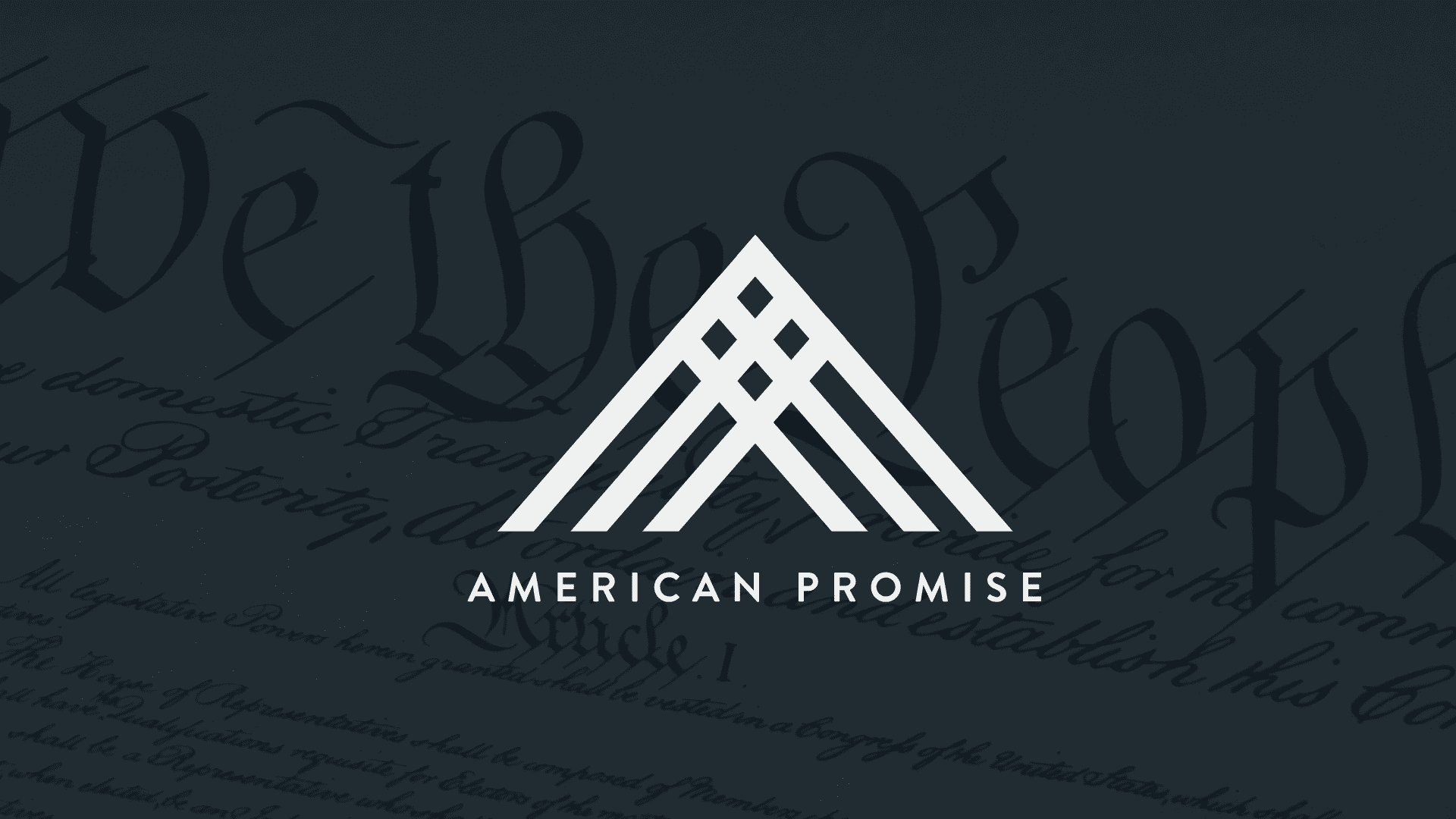by Jeff Clements
CEO, American Promise
When Elon Musk took to social media on Thursday to claim that Donald Trump would have lost the election without Musk’s $288 million in financial support—and then lashed out at the president for his “ingratitude”—he wasn’t just airing a personal grievance. He was confirming what most Americans already suspect: a few wealthy elites now believe they hold the real power in our system of government.
Much will be said about Musk’s falling out with the president and the stream of personal attacks he unleashed on social media. The deeper problem is the destabilizing role wealthy donors have over our political system, from shaping election outcomes to fueling public belief that votes don’t matter as much as money.
Political power in America has become dangerously concentrated in the hands of a tiny class of mega-donors and billionaire elites. In 2024, 98% of all non-party donations to Super PACs came from just 1% of donors. And as much as members of the Democratic Party would like to cast Republicans as the party in the pocket of Big Money, they should look in the mirror. $100 million was spent on the Harris-aligned Super PAC by just two individuals – Bill Gates and Michael Bloomberg.
This isn’t just about one donor or one party. Our broken system has turned representative government into a high-stakes bidding war. Political leaders, regardless of ideology, are increasingly beholden to the ultra-wealthy—because that’s the only way to remain competitive in a system dominated by big money. Even good leaders who want to prioritize their constituents are trapped in a structure that forces them to court donors to survive.
How did we get here?
Decades of misguided Supreme Court rulings — most notably Buckley v. Valeo and Citizens United v. FEC — have opened the floodgates to unlimited political spending. By inventing the idea that spending money is the same as free speech, the Supreme Court stripped away the power of states and Congress to set commonsense limits, leading to record-shattering spending each election cycle.
The dominance of money in politics isn’t what the First Amendment was meant to protect. And it doesn’t have to stay this way.
My organization, American Promise, is working to amend the U.S. Constitution to restore the ability of Congress and the states to set reasonable limits on political spending—just like they did for most of our nation’s history. The For Our Freedom Amendment is the only way to reverse the Supreme Court’s incredibly damaging decisions.
This amendment is crucial to restoring trust in our broken political system. Even before Musk’s comments, nearly 80% of Americans believed that big donors had too much influence in politics. Just 16% trust the government to do the right thing.
It is no coincidence that the rise of populism and cynicism coincides with the explosion of wealthy elites wielding greater political power. When elections are flooded with billions in unchecked spending from a narrow elite and policy outcomes align suspiciously well with special interest and donor priorities, Americans feel like their voices no longer matter.
In fact, just this year, a nationwide poll ranked the role of money in politics as Americans’ top concern—higher than healthcare, inflation, and many others. That doesn’t diminish the seriousness of those challenges. On the contrary, it suggests that donors and special interests are blocking solutions to addressing other problems.
I’ve traveled across the country and spoken to thousands of Americans from all backgrounds, regions, and political persuasions. Americans disagree on many things, but what unites us is our shared belief that unlimited money is a threat to representative government. People feel shut out and convinced that access to their elected officials is directly connected to financial support for their next campaign.
Amending the Constitution is our best shot at restoring a government that answers to constituents, not just to donors. Eight in ten voters are urging passage of an amendment to reverse money’s role in our politics. Twenty-three states have passed resolutions asking Congress to propose such an amendment for immediate ratification. Congress should act before another election is bought, another donor feels entitled to a quid pro quo, and Americans lose their remaining faith in a government that can work for all Americans.
Jeff Clements is the CEO of American Promise, a cross-partisan organization committed to a singular vision: ratifying the For Our Freedom Amendment to empower the states and Congress to set reasonable limits on political spending, ensuring every American voice counts.



